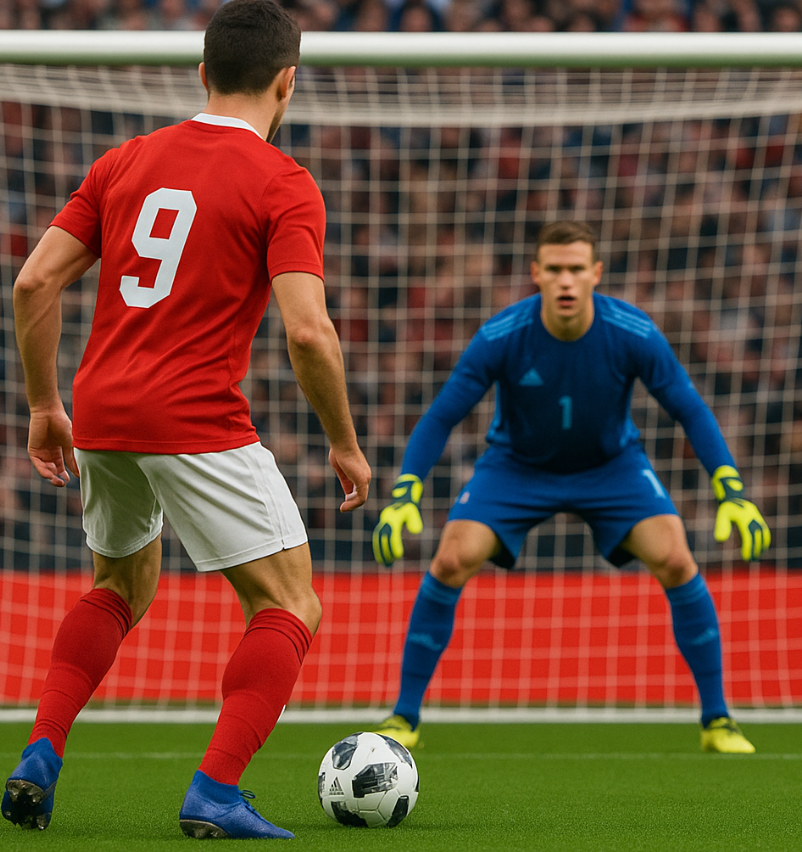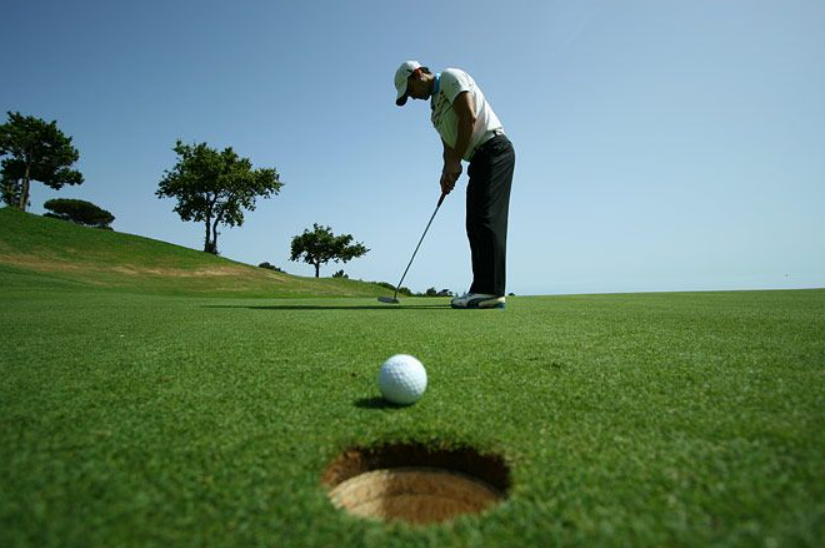The Hidden Science of Penalty Kicks: How Minds, Muscles, and Moments Collide
A penalty kick looks simple. One player, one ball, twelve yards, one shot at glory. But behind those few seconds lies a complex dance of psychology, physics, and strategy a mental and physical battlefield where tiny decisions tilt the balance between triumph and despair.
In a game where margins are razor-thin, penalty kicks reveal more about a player’s mind, a goalkeeper’s intuition, and the invisible forces at work than perhaps any other moment in football.
The Mind Game: Psychology on the Spot
Pressure isn’t a background noise during penalties it’s the entire soundtrack. Studies show that the heart rate of players taking a penalty can spike beyond 170 beats per minute, even though they are standing still. Nerves, expectation, and the fear of failure flood the brain, affecting decision-making at the worst possible time.
Penalty takers face a paradox: should they stick to a pre-decided plan or react based on the goalkeeper’s movements? Research suggests that players who make late decisions are more likely to miss. Committing to a target before stepping up builds confidence and reduces the cognitive load in the critical moment.
Experienced penalty takers often use mental visualization techniques rehearsing successful shots in their mind to “program” the right muscle memory under pressure. Others employ breathing exercises to lower arousal levels and sharpen focus.
In a penalty shootout, the real opponent isn’t the keeper it’s your own brain.
The Mechanics: Physics at Play
From the moment the ball leaves the penalty taker’s foot, Newtonian physics takes over. Speed, spin, and angle determine the shot’s fate and the margin for error is unforgiving.
- A typical penalty ball travels at around 70–80 mph.
- It reaches the goal in less than 0.4 seconds.
- The human reaction time averages around 0.2 seconds.
This means goalkeepers don’t have enough time to react purely based on the ball’s direction. Instead, they anticipate reading body language, foot positioning, and shooting habits.
Slight variations in hip angle, planting foot position, and follow-through give away clues. Goalkeepers at the highest level aren’t guessing they’re decoding.
Some takers deliberately add deception: stutter steps, delayed strikes, or no-look shots. But the physics remains relentless: even a millimeter off the sweet spot can send the ball too high, too wide, or into the reach of an outstretched hand.
The Homework: How Keepers Study Shooters
Goalkeepers are not passive victims in the penalty drama. They prepare meticulously.
Top keepers like Manuel Neuer or Emiliano Martínez dive into data. They study:
- Preferred shooting side (left, right, center)
- Penalty success rates under pressure
- Run-up patterns (straight, angled)
- Body positioning cues moments before the strike
Clubs even build detailed databases for players, breaking down tendencies by situation group stage vs. knockout rounds, early match penalties vs. sudden-death shootouts.
In high-stakes matches, keepers often carry cheat sheets — sometimes hidden inside their gloves or socks with quick notes on opposition penalty habits. Some goalkeepers use psychological tactics too: delaying the kick, taunting the shooter, or feigning movement early to lure a poor shot.
It’s chess disguised as football.
Beyond the Basics: Strategic Insights
Modern teams integrate penalty kick science into full match strategy:
- Choosing penalty takers not just by technical skill, but by psychological resilience.
- Structuring shootout orders to send confident players first and last.
- Simulating high-pressure scenarios in training sessions to normalize the tension.
It’s no accident that teams like Italy and Argentina, serial penalty specialists, treat shootouts not as lotteries, but as contests of preparation and emotional mastery.
Penalty kicks are the ultimate human test in football — a place where mechanics, mental fortitude, and micro-decisions collide. Winning a shootout is rarely about luck. It’s about who controls their fear, who respects the science, and who, in the most fragile moment, trusts their preparation more than their panic.
So the next time you see a penalty, remember: you’re not just watching a shot — you’re witnessing a full-blown battle of minds, bodies, and invisible forces, crammed into a few precious seconds.



